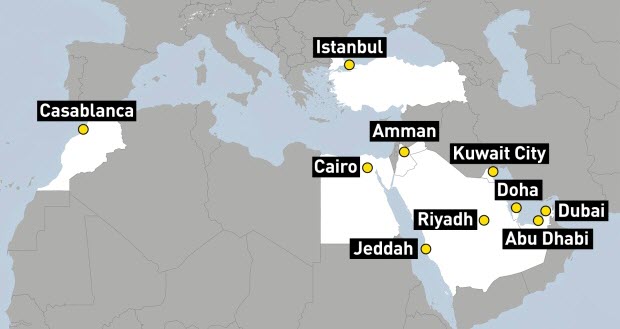United Airlines made headlines this weekend over the news that two girls were denied boarding for a flight because they were wearing leggings. The incident made its way to the major news media. The short version of the story is that the two girls were actually non-revenue passengers traveling on “buddy passes”. Buddy passes are free or heavily discounted passes that can be used by friends and family of airline employees. There is a dress code guideline for passengers flying on these passes.
Folks have expressed their opinions on whether non-revenue should have a different dress code. Personally, I think that if an airline offers certain privileges to its employees, it can set reasonable guidelines for the use of those benefits.
Communication Breakdowns
What I am more interested is in the varying levels of communication breakdown that turned this incident into a marketing fiasco. Were there opportunities to mitigate the issue along the way?
- Who owns the buddy pass?
- If the parents of the girls owned the buddy passes, shouldn’t they know better what the dress code should be? If the buddy passes were gifted to the family, did the owner of the passes communicate the dress code to the family?
- What happened at the Gate? Could the gate agent diffuse the situation?
- Gate agents have the full authority to deny passengers from boarding as they see fit. However, did the agent communicate the reason well? Did she just turn them away and said “You’re not allowed to board because you’re are wearing leggings”? Or did she bother to explain that non-revenues flying on buddy passes are subject to a stricter dress code?
- The technology behind this incident: Twitter
- The incident quickly made its way to social media because a passenger witnessed the incident and tweeted to United about it. The incident happened in real time so it’s likely the staff in charge of the social media account don’t have the details. However, when the social media traffic spiked upwards, it should have alerted to them that they should investigate the matter. Instead, it was too late when they finally issued a response that the girls were on buddy passes. The news had already spread like wildfire. People already thought that United has a sexist dress code for their passengers.
I love technology. Social media like Twitter can be a great way to publicize a company. However, it can just as quickly turn a small incident into a publicity fiasco. This is a lesson not just for United but for other companies as well. News travel fast. Investigate issues and mitigate them quickly before things get out of hand.











